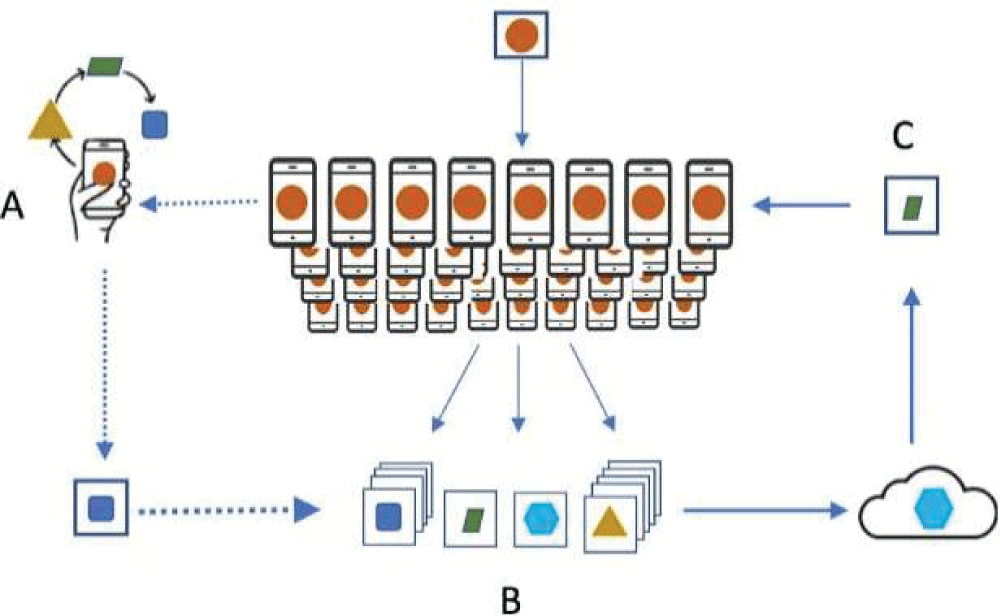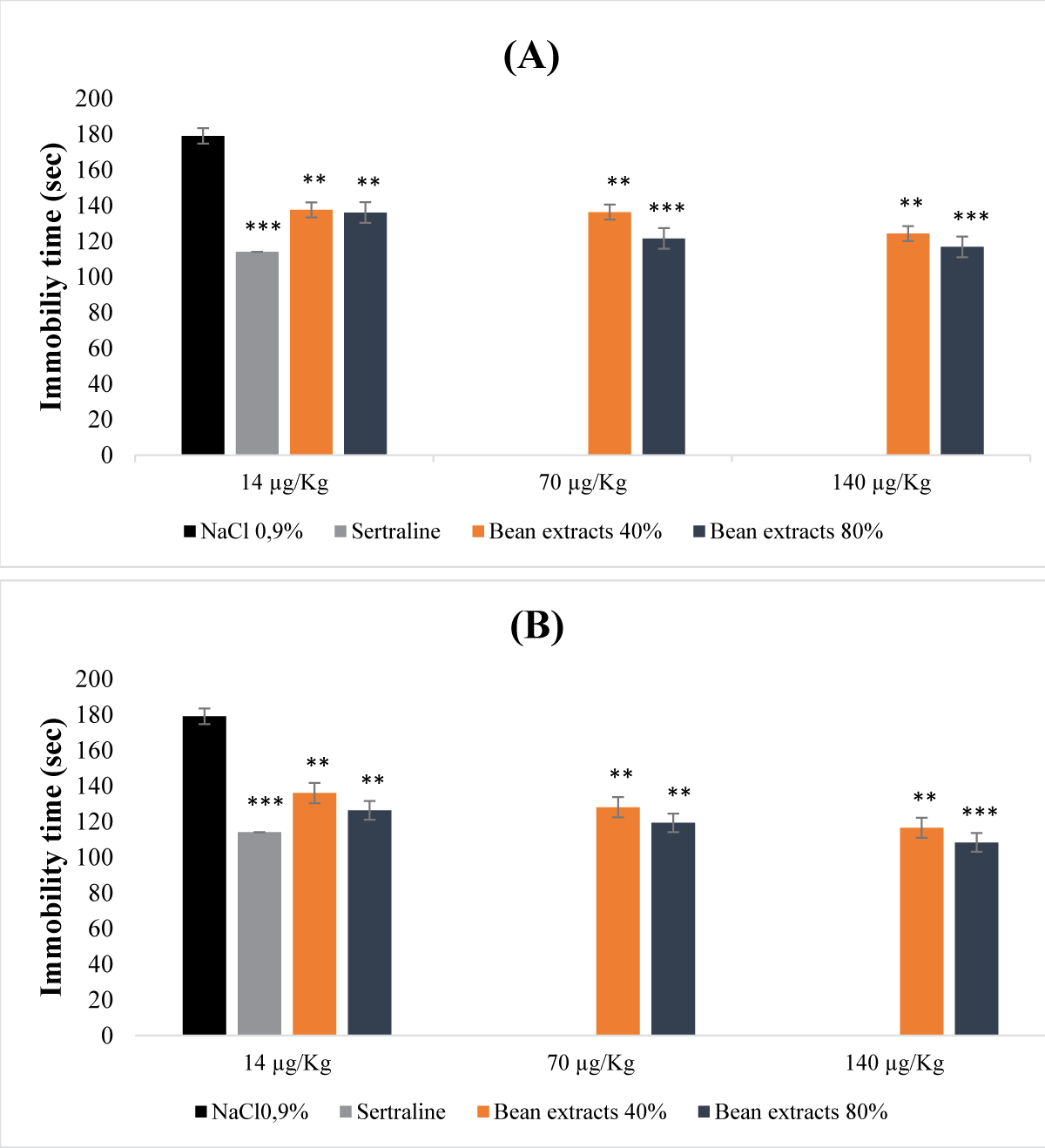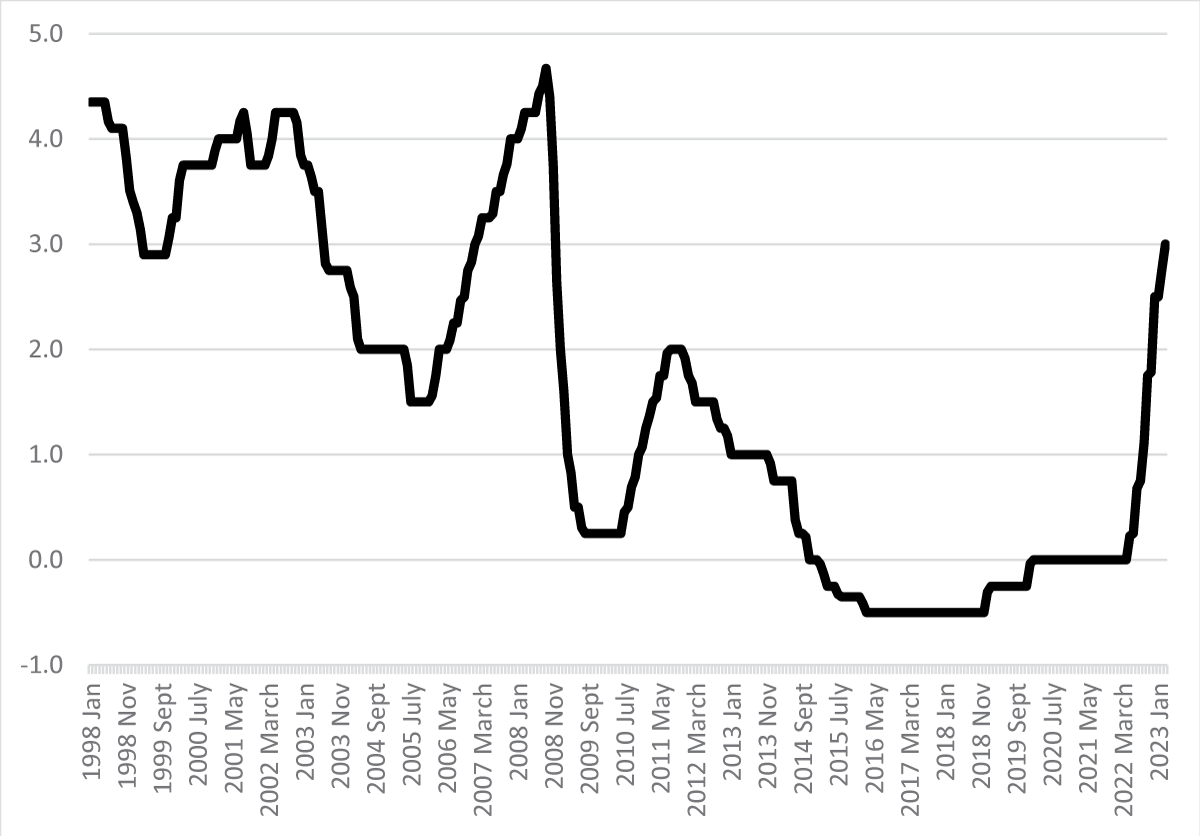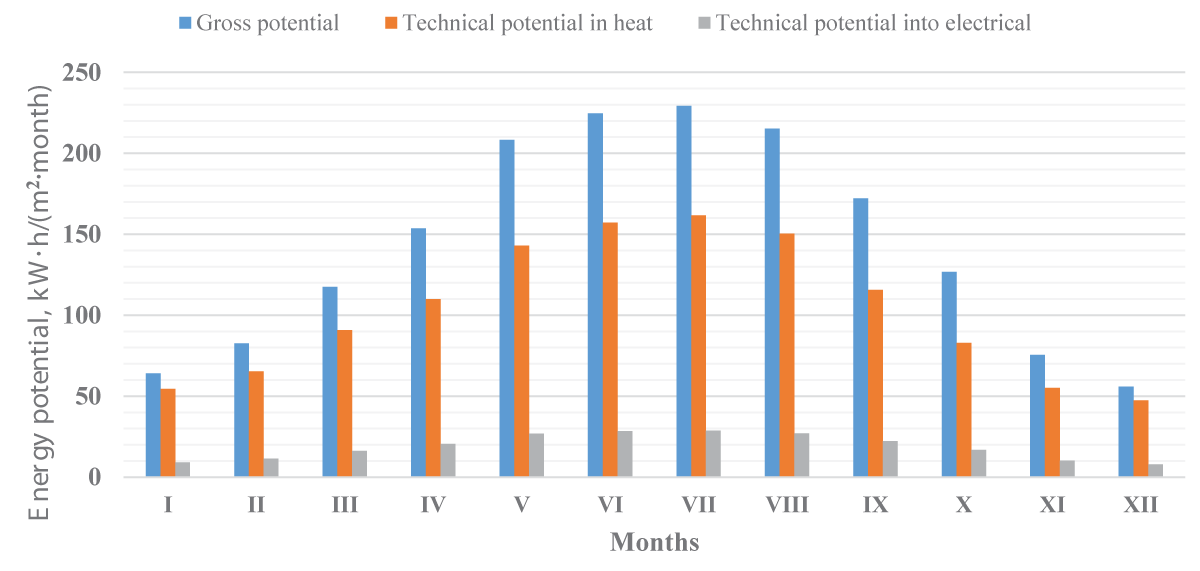Article Explorer

Climate Changes and Mango Production (Temperature)

Federated Learning- Hope and Scope
![Benzo[4’,5’]imidazo[2’,1’:6,1]pyrido[2,3-d]pyrimidines: Past and Present](https://www.igminresearch.es/articles/figures/igmin113/igmin113.g001.png)
Benzo[4’,5’]imidazo[2’,1’:6,1]pyrido[2,3-d]pyrimidines: Past and Present
A Comprehensive Methodology for Assessing the Business Reputation of Industrial and Production Personnel

The Antioxidant and Antidepressant Properties of Dietary Proteins Derived from Egg and Bean Extracts and Their Acute Toxicity: A Journey from Nutrition to Pharmacognosy

Designing a Compact High-precision Positioner with Large Stroke Capability for Nanoindentation Devices

Wishful Thinking or Valuable Forecasts? The Value of Policy Rate Predictions in Sweden

Homologous Series of Chemical Compounds in Three-component Systems (Aa+ – Bb+ – Cc–) and (Zn2+ - Ge4+ - P3-) in Generalized Form

Reliability Evaluation of Professional Assessments

A Survey of Motion Data Processing and Classification Techniques Based on Wearable Sensors

The Educational Role of Cinema in Physical Sciences

Solar Energy Resource Potentials of the City of Arkadag
Roadmap for Renewable Energy Development
 Mini Review
Mini Review
Climate Changes and Mango Production (Temperature)
The mango, known as the {king of fruits}, is commercially significant in many parts of the world. In addition to offering a delicious tropical flavor, mangoes are a great source of nourishment and can make eating a satisfying and healthy sensory experience. Even though mango farming is known to exist in more than 120 nations, just 15 of them are responsible for more than 1% of the world’s supply. More than 60% of the mangoes produced worldwide are grown in India, China, Thailand, Indonesia and Mexico.
The effects of climate change on agriculture must take into account the increasing CO2 concentration, a significant contributor to climate change, as CO2 is essential to critical plant functions, including photosynthesis. The fluctuation of temperature represents another climatic factor that affects mango productivity. The primary challenge facing the mango industry is irregular cultivation. The mango flowering was negatively impacted by the erratic distribution of cold nights and relatively warm winters. Mango output is already being impacted by rising average maximum temperatures. Therefore, regardless of mango growers, geniuses, or consumers, rapid climate change should be a top priority. A benefit of selection and breeding operations to adapt to climatic change is the high genetic variety of mangoes.






